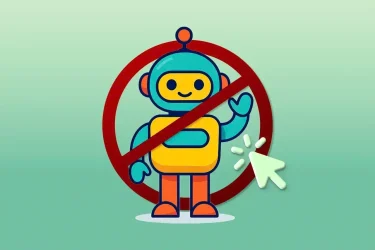The nine-dash line is one of the most complex and sensitive geopolitical issues in the East Sea (South China Sea). China’s unilateral claim over a vast maritime area, despite strong opposition from the international community, threatens regional peace and cooperation—especially for countries like Vietnam.
In this context, many global brands have found themselves entangled in controversy by either incorporating the illegal nine-dash line into their maps or subtly integrating it into their products. These actions not only distort public perception but also erode Vietnam’s sovereignty over its maritime territory.
However, history has shown that such missteps come at a high cost. Many well-known brands have faced severe consequences, including boycotts, legal restrictions, and even being forced out of the market. The most recent example is Chagee, a popular Chinese milk tea brand and Baby Three toys doll products which had to withdraw from Vietnam after facing a massive consumer backlash. So what are the lessons for businesses and brands after this story? Let’s explore with Align through this article!
What Is the Nine-Dash Line?
The nine-dash line is a controversial demarcation claimed by China in the East Sea, covering vast maritime areas that are also claimed by Vietnam, the Philippines, Malaysia, and other countries. This claim has been widely rejected internationally, including a ruling by the Permanent Court of Arbitration in 2016, which declared that China has no legal basis for its claims.
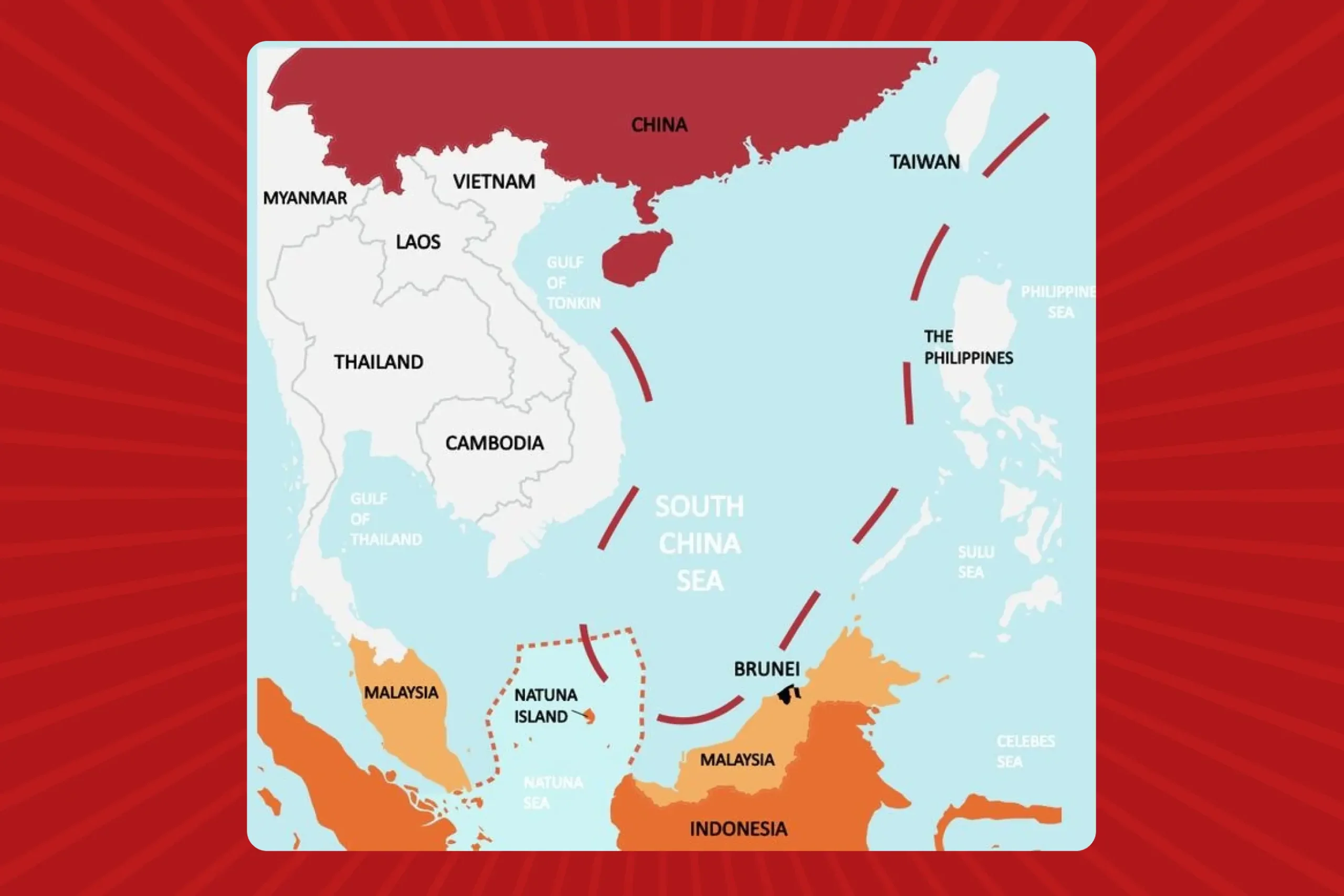
For Vietnam, the issue is particularly sensitive. Respect for national sovereignty is deeply ingrained in Vietnamese culture and law. Any brand entering the market must be aware that supporting or even unintentionally displaying the nine-dash line can trigger strong nationalistic sentiments, legal actions, and a swift consumer boycott. Hoang Sa, Truong Sa belong to Vietnam.
Brands That Faced Backlash in 2025
In 2025, two major brands—Chagee milk tea and BabyThree dolls—became the latest victims of consumer outrage due to their involvement with the nine-dash line. Let’s look at how these brands mishandled the situation and suffered major losses as a result.
1. Chagee – The ‘Starbucks of the East’ Faces a Crisis
Chagee, a high-end milk tea brand from China, positioned itself as the Starbucks of Asia and had already gained popularity in several countries. On March 3, Chagee Vietnam announced its entry into the Vietnamese market by posting a welcome message “hello Vietnam” on its official Facebook page. The brand planned to open its first store in Đồng Khởi – Nguyễn Thiệp Street, District 1, Ho Chi Minh City, one of the most prestigious locations in Vietnam.
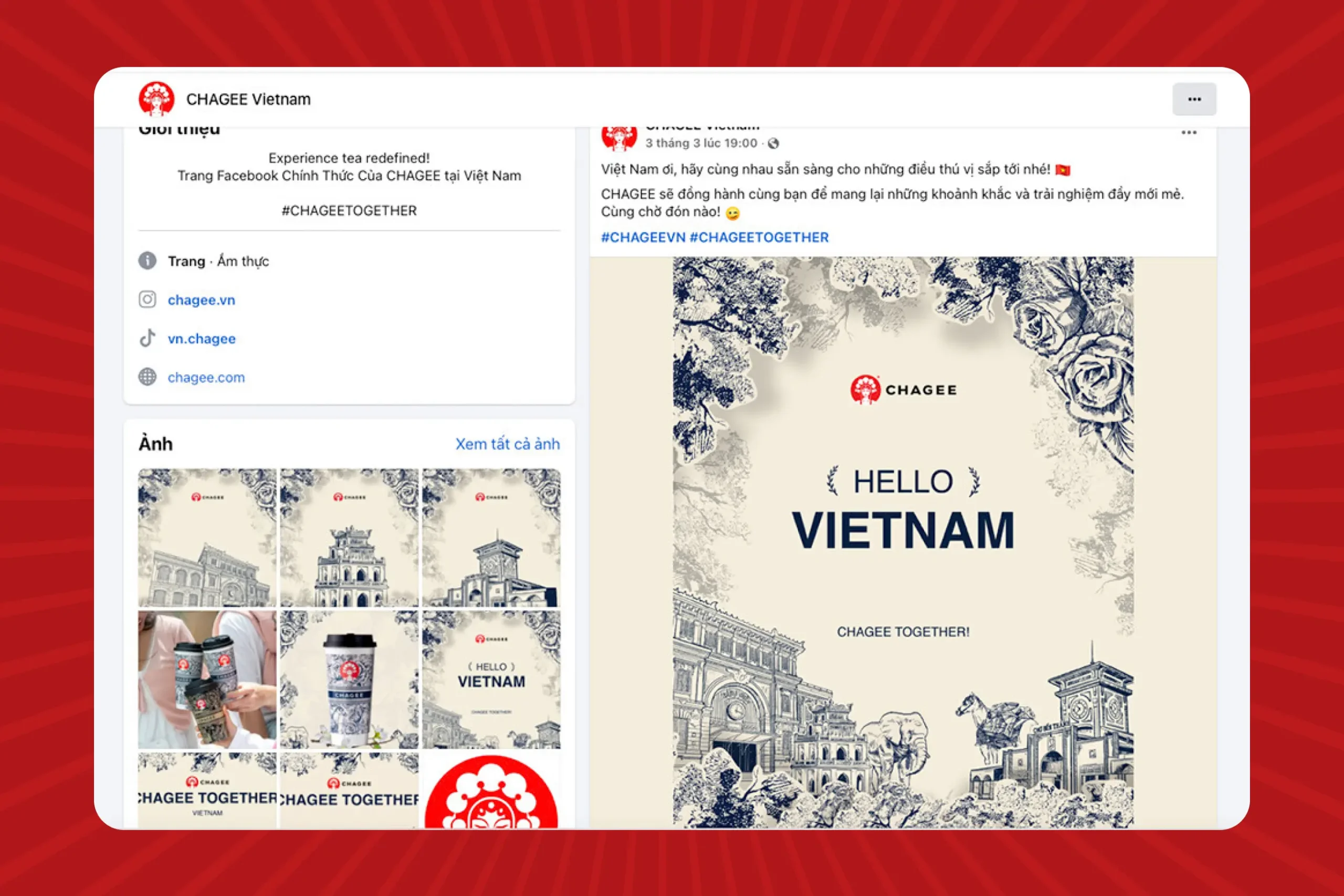
However, trouble started before the grand opening when Vietnamese consumers discovered that Chagee’s applications and store locator maps contained the nine-dash line. It is unknown whether it was intentional or unintentional that it forgot to cut out the nine-dash line in its publications before its launch. Notably, when accessing Chagee’s global website, the nine-dash line still appears on the store search map. Thousands of angry Vietnamese consumers flooded Chagee’s Facebook page with comments demanding the brand remove the illegal map, apologize, or face a boycott. Calls for a nationwide boycott spread quickly across social media, and influencers urged people to avoid supporting the brand. Rather than addressing the issue properly, Chagee’s initial response was dismissive. The brand reportedly said:
“Chagee does not lack you as customers”
This arrogant response further fueled consumer anger, leading to a rapid decline in brand reputation. At present, the company’s app is no longer available for download from app stores and Google Play Store. However, this brand has not yet given any official response to the incident.
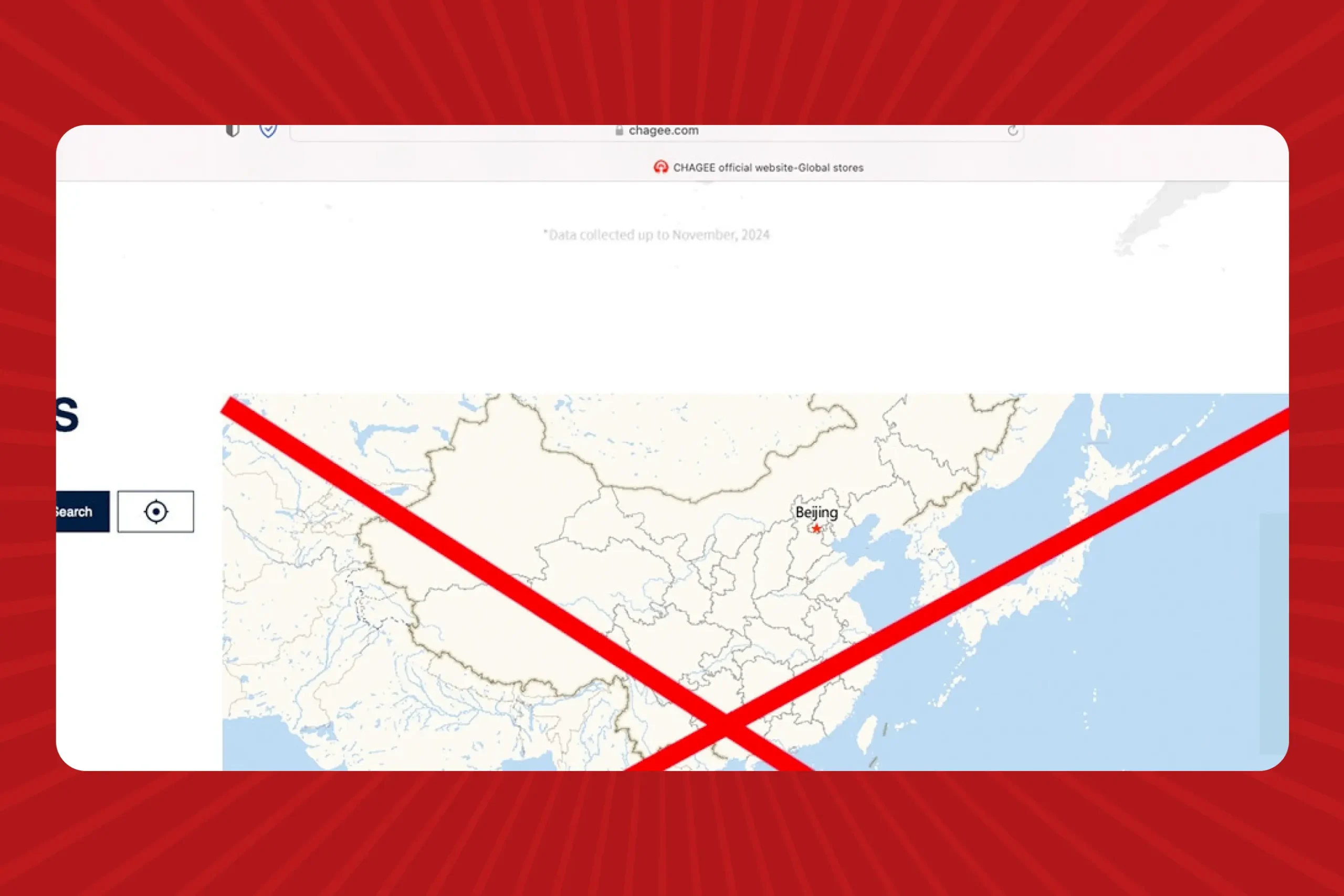
The controversy escalated further when it was discovered that Chagee’s website also misrepresented Vietnamese history, describing the Ho Chi Minh Mausoleum as the former residence of French officials and King Bao Dai. This historical misstatement angered even more Vietnamese citizens, making Chagee’s position untenable in Vietnam.
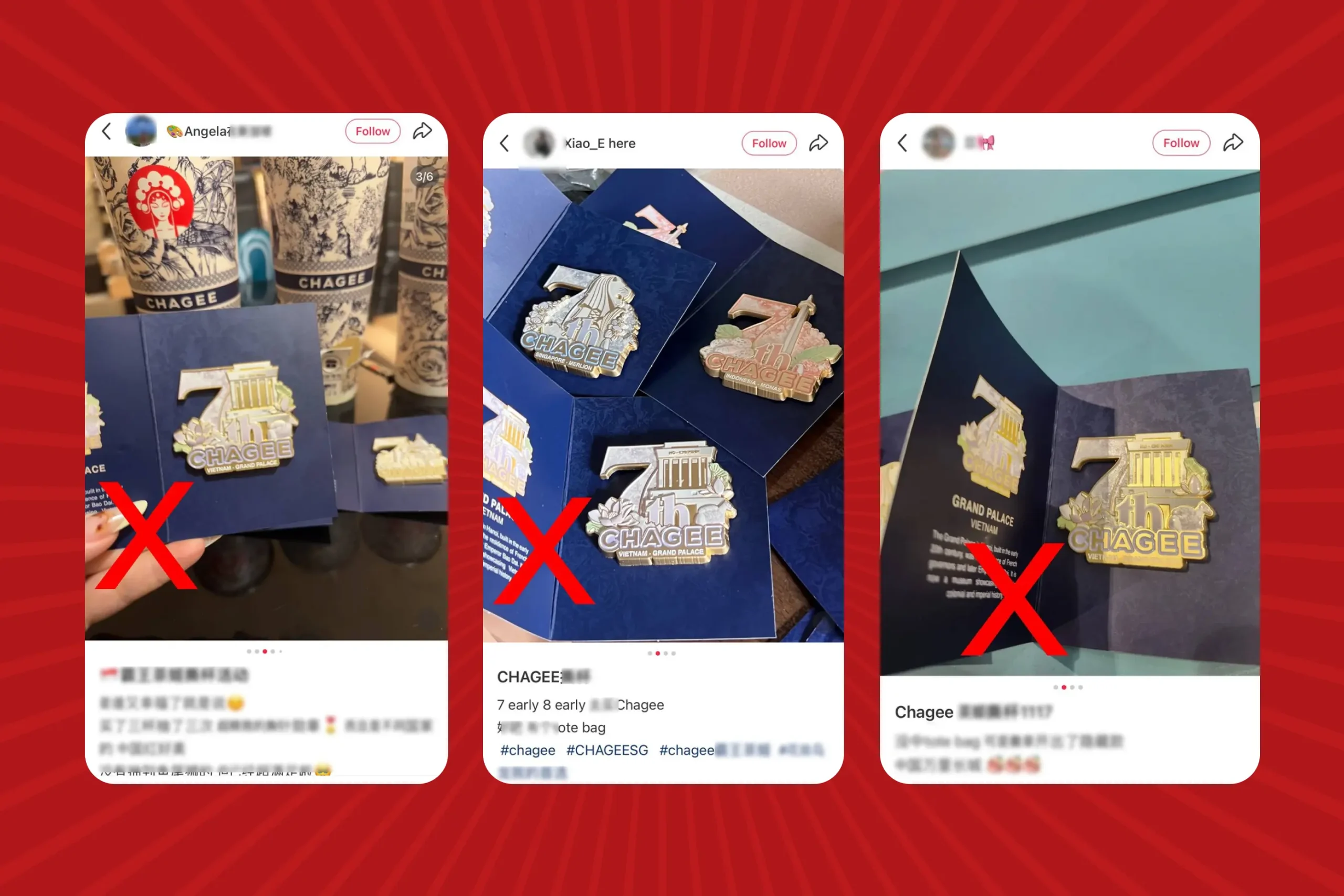
2. BabyThree Dolls – A Blind Box Toy Trend Gone Wrong
The blind box toy trend has taken Asia by storm, with BabyThree becoming a popular collectible among children, students, and office workers. In Vietnam alone, Baby Three toys generated an estimated $1.6 million in revenue on Vietnamese e-commerce platforms in 2024.
However, the brand’s reputation collapsed overnight when it was discovered that one of BabyThree’s latest toy collections, ‘Lily Rabbit Town Version 2,’ featured a design resembling the nine-dash line on its cheek.

Social media exploded with posts urging people to boycott the BabyThree dolls, resulting in stores seeing a significant drop in sales. Despite being a billion-VND industry in Vietnam, BabyThree lost both money and credibility due to one politically insensitive design choice.
Lessons for Businesses Entering the Vietnamese Market
The Chagee and BabyThree incidents serve as clear warnings to international businesses: failing to respect Vietnam’s sovereignty and cultural sensitivities can lead to devastating consequences. Boycotts, legal restrictions, and severe reputational damage are just some of the risks brands face when they neglect the political landscape of the country.
For companies looking to enter Vietnam successfully, understanding and adapting to the market’s cultural and political realities is crucial. Here are some key lessons:
1. Deeply Understand the Market’s Cultural and Political Landscape
One of the biggest mistakes companies make when entering a new market is not doing enough research. Vietnam has a strong sense of national pride, and territorial issues—especially regarding the East Sea—are highly sensitive topics. Before launching in Vietnam, brands should:
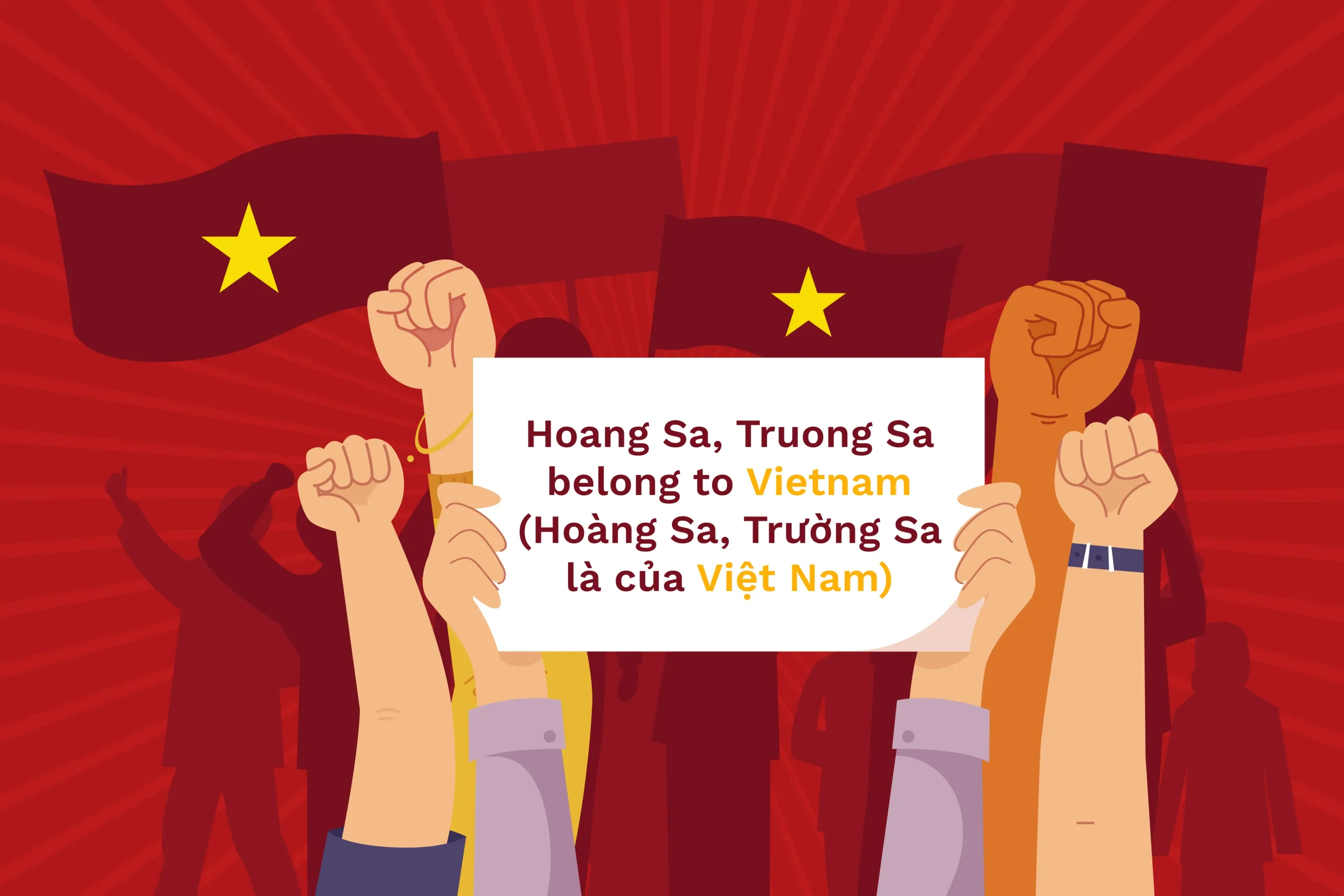
2. Review All Branding, Marketing, and Product Designs Before Launch
In the Chagee and Baby Three Doll case study, they failed to review their materials before launching in Vietnam, leading to consumer backlash even before their official entry into the market. To avoid such mistakes, businesses must:
Even a small oversight—like a single image on a website or an unnoticed design in a product—can lead to major consequences, as seen in these cases.
3. Respect National Sovereignty – Stay Away from Political Controversies
One of the biggest takeaways from these incidents is that businesses should never get involved in political disputes—especially those related to Vietnamese sovereignty.
Brands should:
Ignoring these principles can lead to long-term damage—Chagee’s arrogant response, “CHAGEE does not lack you as customers,” made the situation worse, proving that disrespecting local consumers is a fatal mistake.
4. Develop a Crisis Communication and Response Strategy
When faced with a crisis, how a brand responds in the first 24-48 hours can determine whether it recovers quickly or suffers permanent damage. Chagee failed in this regard, leading to widespread consumer anger.
To prepare for potential crises, businesses should:
Had Chagee immediately apologized and removed the nine-dash line before consumers called them out, it might have avoided a full-scale boycott.
5. Work With Local Advisors, Experts, and PR Teams
One of the best ways for businesses to avoid costly mistakes is to work with local professionals who understand Vietnamese consumer behavior, market trends, and political sensitivities.
Companies that prioritize local expertise and respect cultural nuances are far more likely to succeed in Vietnam.
6.Build a Strong and Positive Local Brand Image
If businesses want long-term success in Vietnam, they must earn consumer trust. Instead of being seen as foreign corporations with no understanding of Vietnam, companies should strive to be seen as brands that care about Vietnamese culture, people, and values.
Companies that invest in the local community and show genuine care for Vietnamese consumers will thrive despite competition.
Conclusion
The Vietnamese market holds great potential for global brands, but political missteps can be costly. The nine-dash line issue is not just a minor controversy—it is a serious national concern that can make or break a brand’s success in Vietnam.
By respecting local values, conducting due diligence, and being culturally aware, companies can thrive in Vietnam without facing unnecessary backlash. The lesson is clear: political ignorance is expensive, and brands that fail to recognize this will face the same fate as Chagee and BabyThree.


